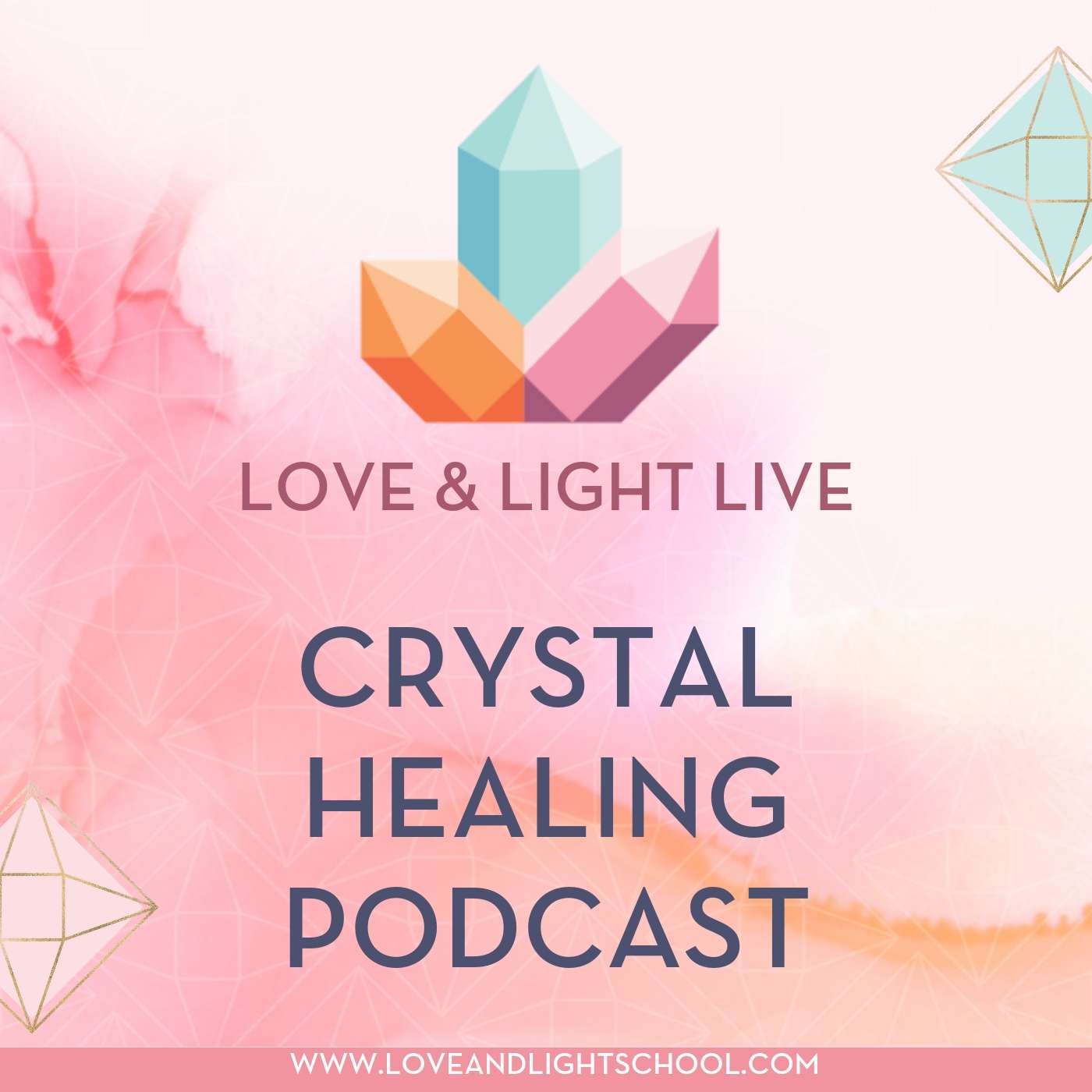Winter Solstice: Creating a Seasonal Nature Altar for Yule
Description
One way that I like to connect with the seasons and cycles of the earth is by tuning into The Wheel of the Year. Aligning yourself with natural cycles helps you internalize the outward changes in nature as reflections of the changes you may experience in your own life. Discover the best crystals for the Winter Solstice and how to create a seasonal Altar for Yule!
So what is the Wheel of the Year?
Separated into 8 main holidays, the Wheel of the Year represents seasonal cycles focusing on the 4 Solar Holidays of the year (also known as the quarter days). This stems from the Anglo-Saxon cultural observations of the solstices and equinoxes, with the addition of the 4 Gaelic, agrarian, seasonal celebrations (the mid-points between the solar holidays known as the lunar cross-quarter days or fire festivals).
Although some of the holidays observed in the Wheel of the Year are quite old, The Wheel of the Year as a whole is fairly modern (being developed in the late 1950s). Though I don’t personally follow the tradition that created the contemporary Wheel of the Year, I find it a helpful way to think about the passage of time and what’s happening at each time of year.
An Introduction to Winter Solstice:
Winter Solstice is the last of the annual quarter days (the solar festivals), which marks the second of the winter holidays (the mid-point between Samhain and Imbolc).
It's traditionally celebrated on the shortest day of the year, determined by when the Earth’s pole is at maximum tilt away from the sun (this date may range from December 20th-23rd each year in the Northern Hemisphere, and between June 20th-22nd in the Southern Hemisphere). From this point forward, the days will begin to grow longer until we reach the time of equal day and night at the Spring Equinox (sometimes called Ostara), followed by the longest day of the year at the Summer Solstice (sometimes called Litha).
*If you live in the Southern Hemisphere, you'll be celebrating the festival of Litha today instead of Yule to keep with the seasonal cycles.
The Winter Solstice is the perfect time for celebrating hope, generosity, rebirth, celebration, introspection, and the return of the Sun! It’s also known as (or is related to) Yule, Midwinter, Yuletide, Saturnalia, Yulefest, Alban Arthan, and Christmas. In this blog, you'll learn how to create a seasonal Altar for Yule.
Winter Solstice Crystals:
Moss Agate
Tree Agate
Angelite
Green Aventurine
Bloodstone
Bronzite
Charoite
Emerald
Red Pyrope Garnet
Green Uvarovite Garnet
Red Jasper
Snowflake Obsidian
Clear Quartz
Ruby
Scolecite
Selenite
Unakite
Yule Symbols:
Eggnog
Wassail
Apples & Cider
Deer & Antlers
Evergreen Trees
Snow & Snowflakes
Yule Log
Bells
Stars
Ice
Holly Berries & Leaves
Ivy Leaves
Oak Trees
Hearth
Acorns
* Mistletoe
More Episodes
Join Adam Barralet, Kyle Perez, Nicholas Pearson and Ashley Leavy in Episode #8 of the Crystal Confab Podcast as they unpack all-things Watermelon Tourmaline, including:
* How Watermelon Tourmaline helps you understand the true meaning of joy
* Balancing the inflow and outflow of love...
Published 11/18/24
Published 11/18/24
Join Adam Barralet, Kyle Perez and Nicholas Pearson in Episode #7 of the Crystal Confab Podcast as they unpack all-things Moonstone, including:
* Moonstone meaning & uses
* Working with Moonstone during the Full Moon in Cancer
* Which varieties of Moonstone to use for each lunar...
Published 11/07/24


